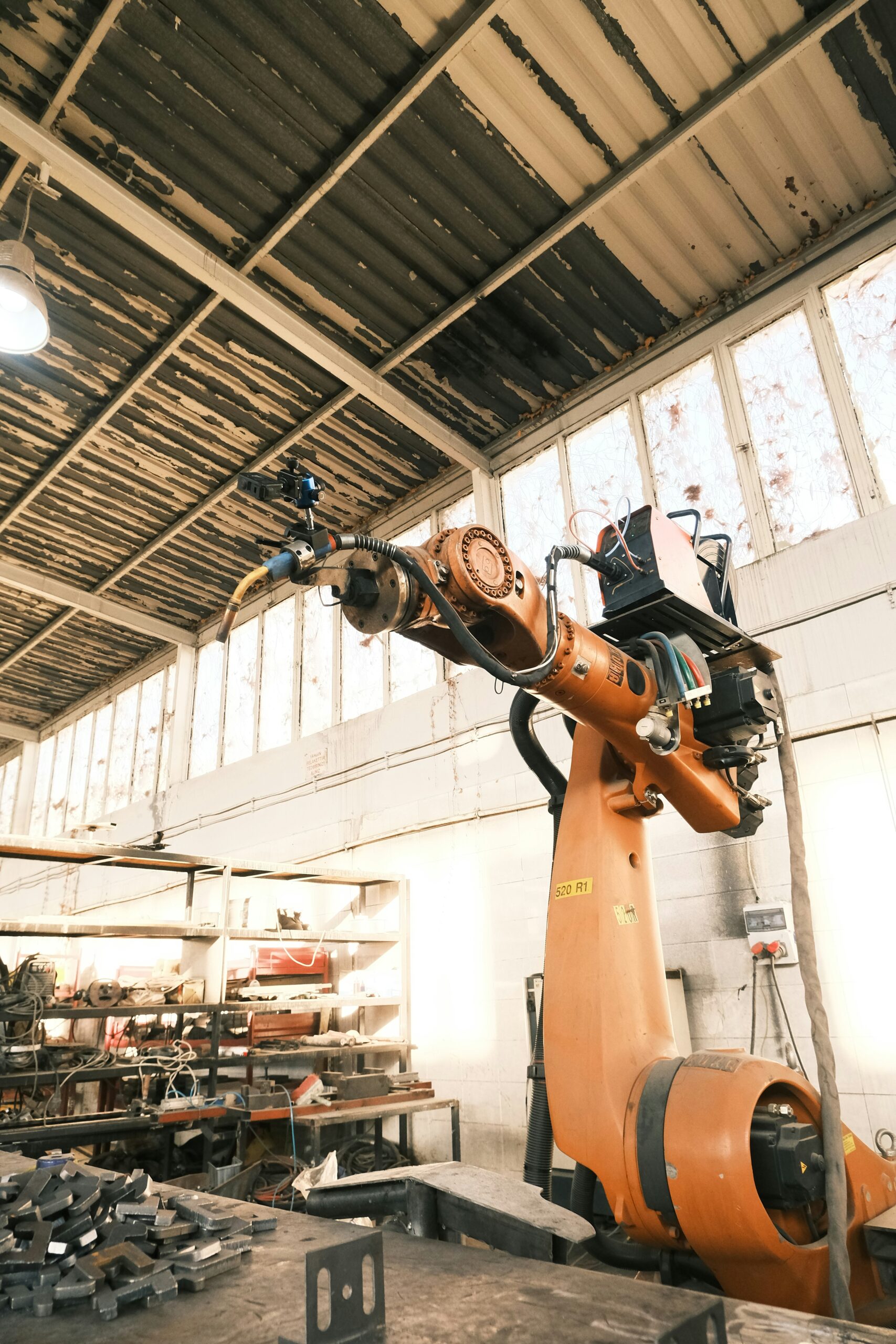
Automation has transformed the manufacturing industry, revolutionizing how goods are produced, assembled, and distributed. Automation has brought unprecedented efficiency and precision to manufacturing processes through robotics, artificial intelligence, and advanced data analytics. While these advancements yield numerous benefits, they also introduce new challenges for the workforce and business operations. Understanding automation’s impact on modern manufacturing is crucial for companies aiming to stay competitive and agile in an ever-evolving landscape.
Enhancing Productivity and Efficiency
One of the most significant impacts of automation in manufacturing is the dramatic boost in productivity and efficiency. Automated systems can operate around the clock without fatigue, ensuring continuous production and meeting high demand without delay. For instance, robotic arms can perform repetitive tasks quickly and accurately, reducing cycle times and minimizing errors. Automation also enables companies to scale operations rapidly, adjusting production levels based on market demand.
Automation optimizes resource use by reducing waste and enhancing production line efficiency. Automated systems can detect inefficiencies in real time, allowing operators to make immediate adjustments that prevent material loss and improve output. Automation has driven down production costs in industries like automotive and electronics, making it possible for manufacturers to deliver high-quality products at competitive prices. This boost in productivity and efficiency is a key factor that positions companies to meet consumer expectations while maintaining profitability.
Improving Quality and Consistency
Automated manufacturing processes ensure precision and consistency, which is challenging to achieve with manual labor alone. Advanced robotics and machine learning systems can detect and correct defects in real-time, significantly reducing the likelihood of quality issues. For instance, machine vision technology is commonly used in quality control, allowing automated systems to inspect products and detect even the smallest imperfections. This level of scrutiny improves product reliability and minimizes returns, benefiting both manufacturers and consumers.
Automation also standardizes processes, ensuring every product meets the same quality criteria. In industries such as pharmaceuticals and aerospace, where quality and safety are paramount, automation plays a crucial role in maintaining rigorous standards. By automating quality control, manufacturers can uphold their reputation and meet regulatory requirements more efficiently. As a result, customers receive reliable products, and manufacturers avoid costly recalls, reinforcing trust in their brand.
Advancing Workforce Transformation
While automation brings significant advantages, it also impacts the workforce by shifting the skills required in manufacturing. Automated systems take over repetitive and labor-intensive tasks, leading to a decline in demand for certain manual roles. However, automation simultaneously creates new opportunities for skilled workers who can operate, maintain, and program these complex systems. This shift encourages manufacturers to invest in workforce training, enabling employees to acquire robotics, data analysis, and machine learning skills.
As a result, manufacturing is transforming toward higher-skilled, higher-paying roles, fostering a more specialized workforce. Companies prioritizing employee development and retraining can ease the transition, ensuring that their workforce adapts to new technology. This transformation presents opportunities for career advancement and job security for employees in an increasingly automated industry. However, workers may face displacement without proactive work to avoid development, highlighting the need for effective training programs and collaborative efforts between industry and educational institutions.
Reducing Costs and Resource Consumption
Automation can significantly lower production costs and resource consumption by optimizing processes and reducing human error. Automated systems are highly efficient in using materials, helping companies minimize waste and maximize resource utilization. For example, precision manufacturing techniques, aided by robotics, ensure that raw materials are used efficiently, reducing scrap rates and conserving resources. In addition to minimizing waste, automation reduces energy consumption by streamlining production, which is environmentally and financially beneficial.
Reducing labor costs associated with automation is another factor contributing to overall cost savings. While companies still need skilled operators and maintenance personnel, automated systems require fewer hands-on workers, especially for monotonous tasks. These cost savings allow manufacturers to reinvest in technology, innovate, and pass savings on to consumers. In industries where cost efficiency is critical, such as consumer electronics, automation enables companies to stay competitive in price-sensitive markets.
Supporting Flexibility and Customization
Today’s consumers increasingly seek customized products, and automation is instrumental in meeting these demands. Unlike traditional manufacturing, where processes are often rigid, automated systems allow for greater flexibility, enabling manufacturers to produce a wider range of products with minimal downtime. For example, programmable robotics can easily switch between tasks, allowing manufacturers to create multiple product variations on a single production line. This flexibility reduces lead times and enhances responsiveness to changing market demands.
In addition to flexibility, automation supports mass customization, allowing manufacturers to produce personalized products on a large scale. This capability is valuable in the automotive and consumer goods industries, where customizations can significantly enhance customer satisfaction. Companies can quickly adapt production to accommodate specific requirements through automation, providing a tailored experience without compromising efficiency. As customization becomes more important to consumers, automation’s role in flexible production is set to grow, making it a vital tool for modern manufacturing.
The impact of automation on modern manufacturing is profound; It improves productivity, quality, and cost-efficiency while reshaping the workforce and supporting flexible production. Automation has become a cornerstone of manufacturing success, enabling companies to meet the demands of a global market with high expectations for quality and customization. However, automation also presents challenges, especially regarding workforce adaptation and the need for specialized skills.
As automation technology continues to evolve, manufacturers that embrace these advancements and invest in workforce training will be best positioned for success. The future of manufacturing is increasingly automated, with technologies that enhance precision, reduce costs, and support innovation. Companies that leverage automation responsibly can stay competitive and create a sustainable, efficient, and adaptive manufacturing environment that benefits both business and society.